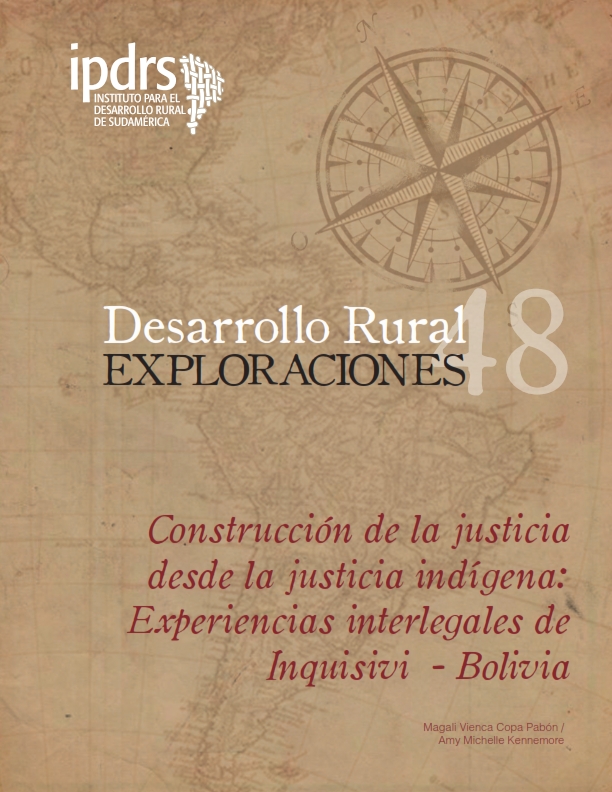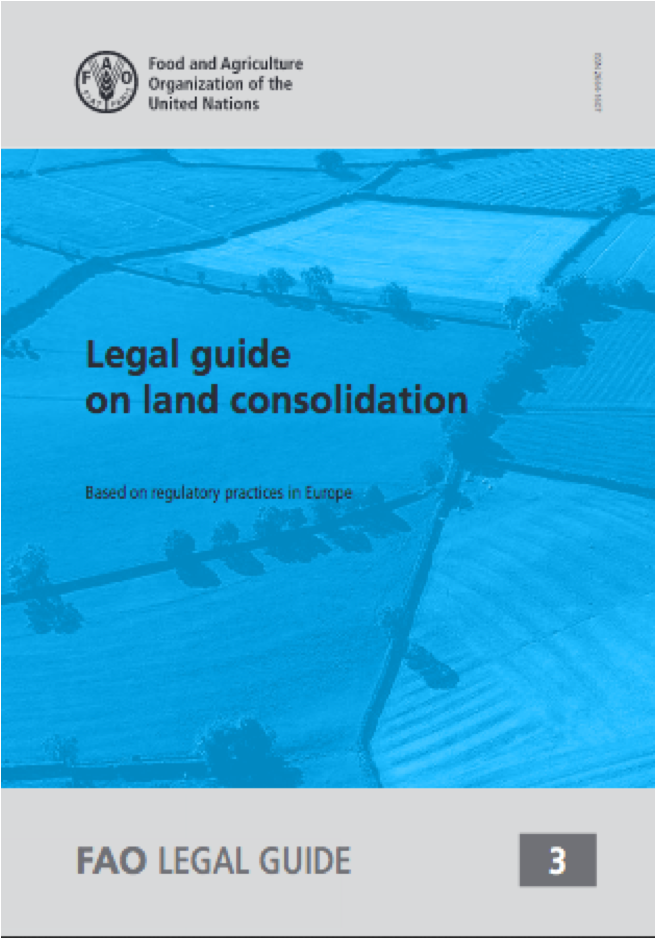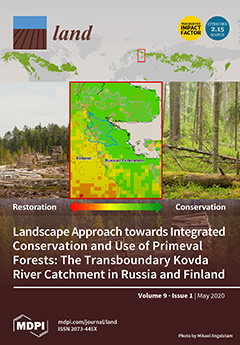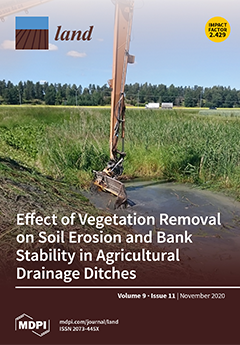In a context of aging, low fertility, and progressive slowdown of both internal population mobility and international migration at working age, residential mobility at older ages was regarded as an emerging phenomenon in Mediterranean Europe, a region with increasingly attractive retirement places. The present work discusses the socioeconomic processes (and the environmental impacts) associated with an increasing flow of retirees, which decide to settle from ‘Northern’ countries to Southern Europe, concentrating in coastal districts and in rural countryside.










